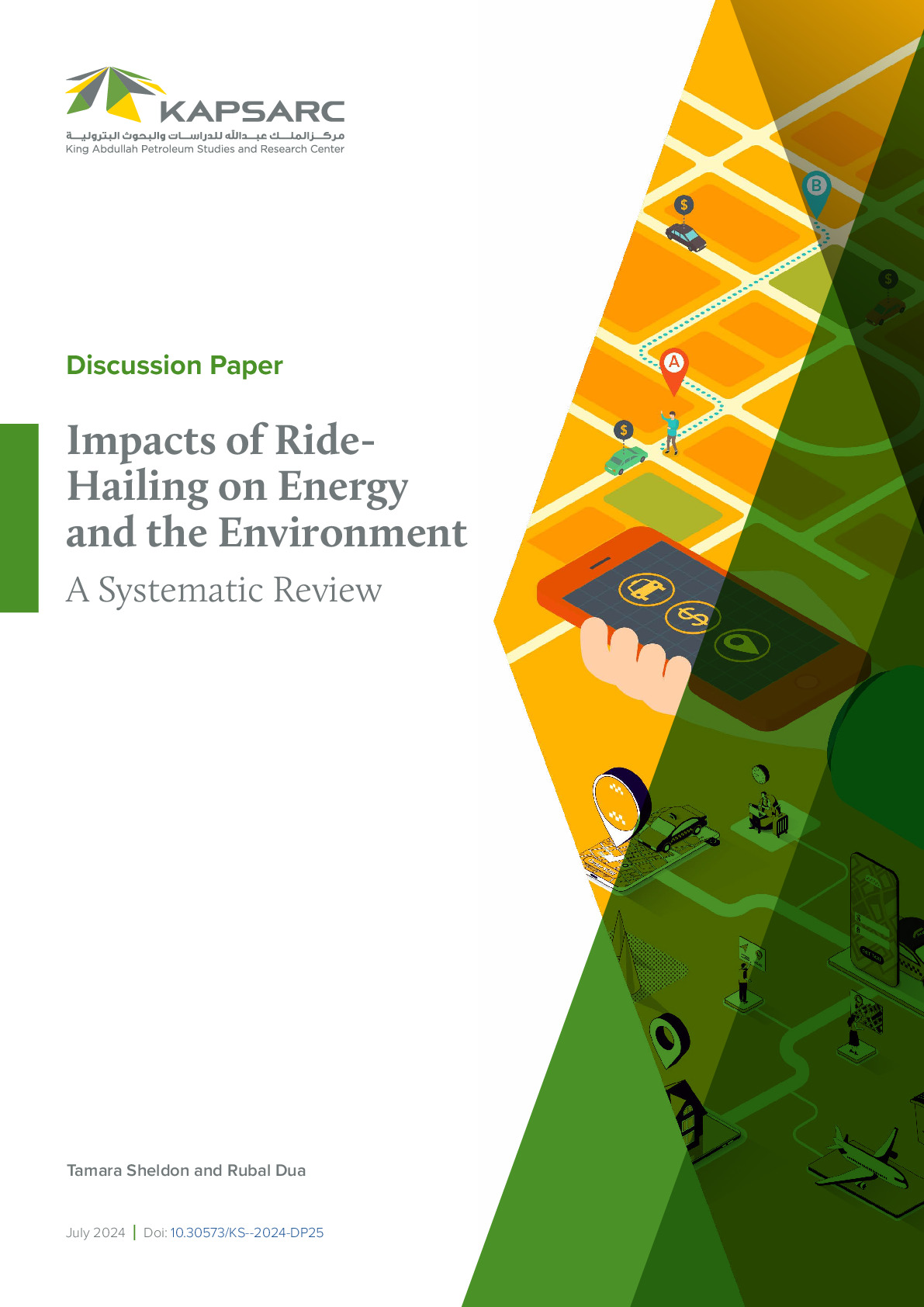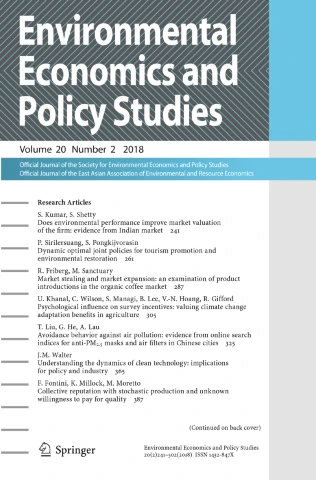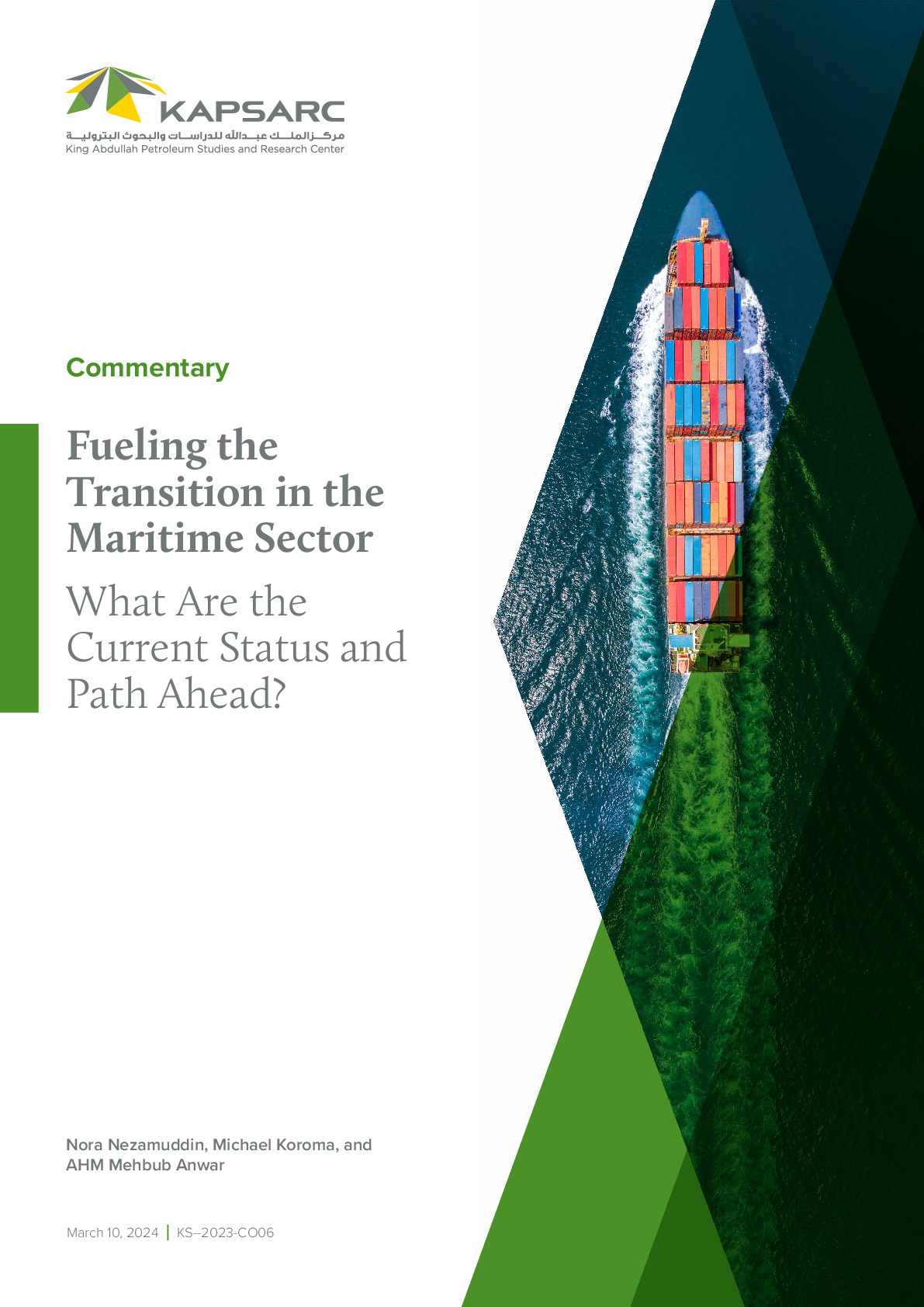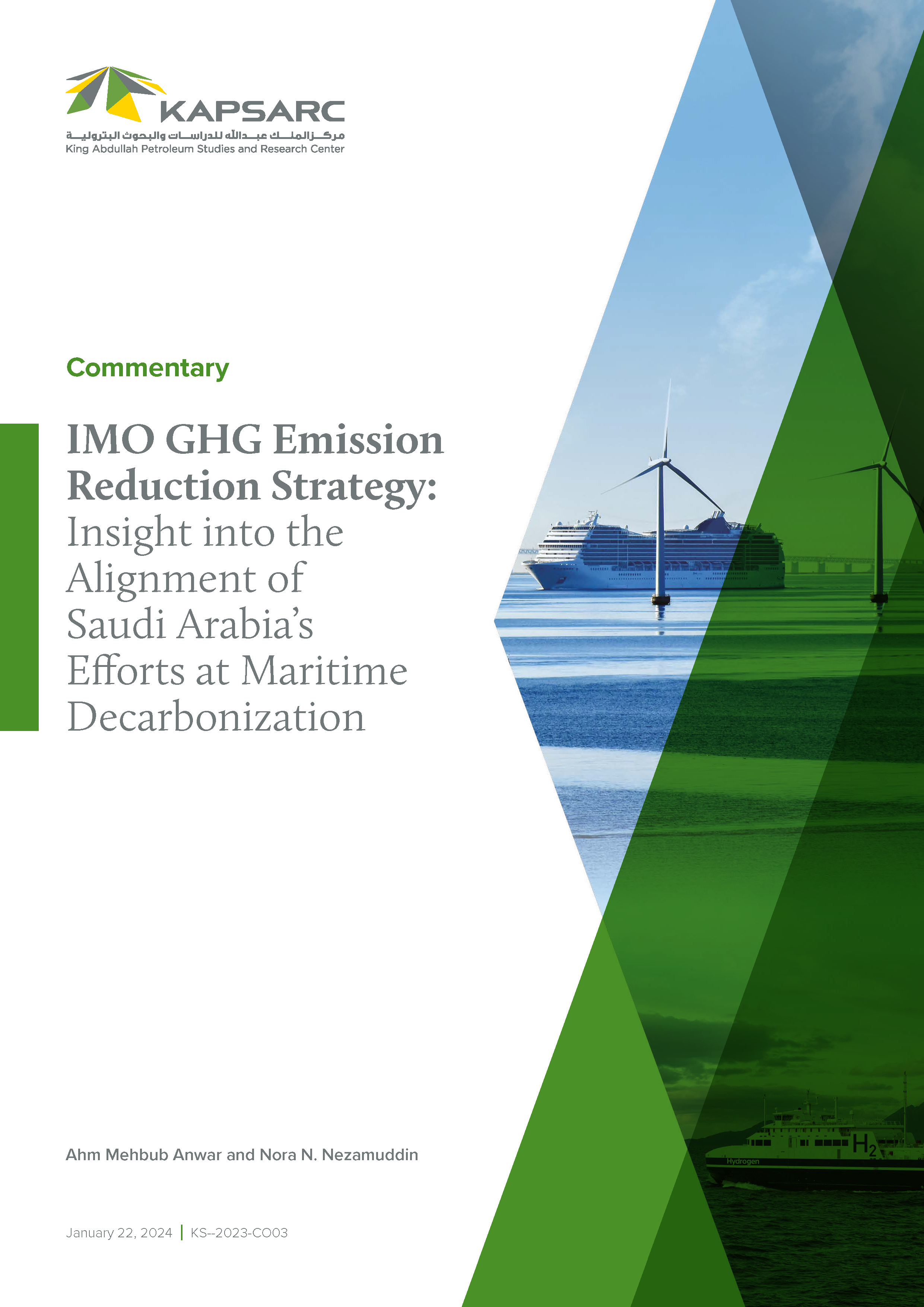The decarbonization of the maritime sector has emerged as a global concern due to the shipping sector’s 3% contribution to world’s total greenhouse gas (GHG) emissions. Notably, the latest developments involving the adoption of more ambitious GHG reduction targets by the International Maritime Organization (IMO) highlight the increasing urgency to address maritime decarbonization. The revised IMO strategy includes indicative checkpoints and intermediary targets, aiming at emission reductions of at least 20% by 2030 and at least 70% by 2040 and reaching net-zero emissions “by or around 2050 (Carbon Pulse 2023). As nations strive to meet such commitments, it becomes crucial to comprehend the latest challenges associated with decarbonizing the maritime sector. Using an expert survey, we seek to identify the key priorities for achieving effective and equitable decarbonization by engaging a diverse group of maritime fuel, policy, technology, and infrastructure experts to gain valuable insights into the industry’s most pressing challenges.

Fellow
Rubal is a research fellow at KAPSARC focused on understanding consumer decision making, in particular, consumer choice of energy-efficient technologies…
Rubal is a research fellow at KAPSARC focused on understanding consumer decision making, in particular, consumer choice of energy-efficient technologies and mobility options under alternative technology and policy scenarios. Before joining KAPSARC, Rubal gained a Ph.D. at KAUST designing advanced carbon materials for energy and environmental applications, with a particular focus on energy storage, carbon capture, waste-water treatment, and hydrogen generation via solar water splitting. Prior to that, he worked at the University of Pennsylvania on a semiconductor industry-funded project, developing a continuum modeling framework for simulating the physics of micro defect formation in silicon crystals.
Expertise
- Behavorial decision science
- Consumer adoption
- Energy-efficient mobility and shared autonomous mobility-on-demand
Publications See all Rubal Dua’s publications

Impacts of Ride-Hailing on Energy and the Environment: A Systematic Review
The decarbonization of the maritime sector has emerged as a global concern due to the…
15th July 2024
Energy Price Reform to Mitigate Transportation Carbon Emissions in Oil-Rich Economies
The decarbonization of the maritime sector has emerged as a global concern due to the…
2nd April 2024



